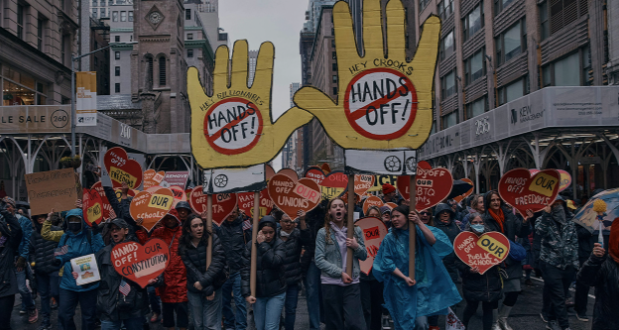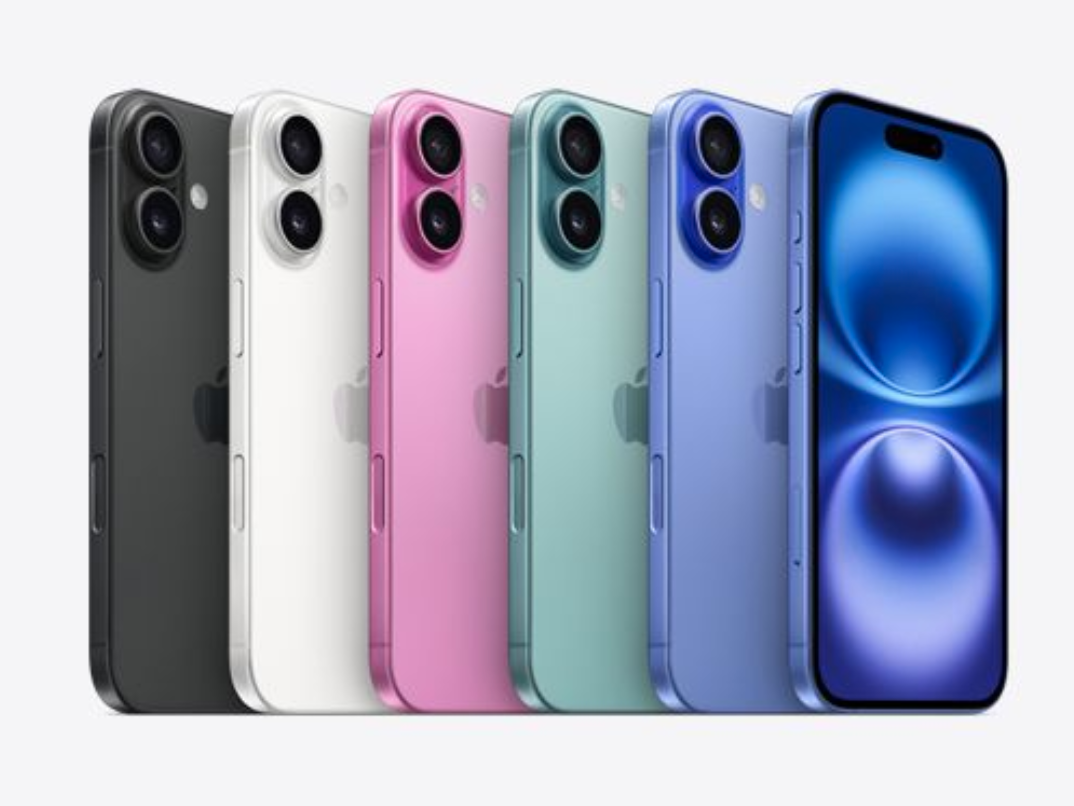Over the years, as Apple continues to roll out new iPhone editions and models, the anticipation and excitement only builds among its consumers. However, in recent years, Apple has become more entwined in a series of legal dilemmas that threaten to impact its reputation and future as a company.
On Friday, September 20, 2024, Apple released the iPhone 16, which includes the iPhone 16, iPhone 16 Plus, iPhone 16 Pro, and the iPhone 16 Pro Max. The new models feature Apple Intelligence, an Action Button and enhanced camera and charging features, among other jaw-dropping aspects. Due to this, Apple has made headlines worldwide and according to CNN they have even sold “an estimated 37 million units in the first weekend.” Still, this is not as much as they hoped. Their sales are down 12% in comparison to this time last year, losing an estimated $115 billion in market value.
On a larger scale, Apple’s losses can also be attributed to the unexpected amount of lawsuits they are facing. Just eight months ago, the US Department of Justice (DOJ) and dozens of other states filed a civil lawsuit against Apple, citing their “monopolization or attempted monopolization of smartphone markets in violation of Section 2 of the Sherman Act.” Put simply, the DOJ believes that Apple violated an antitrust law while intending to keep customers reliant on their devices and less likely to shift to another competitive brand such as Android or Samsung.
According to the New York Times, Apple has tightly controlled its users’ experience and “has created what critics call an uneven playing field, where it grants its own products and services access to core features that it denies rivals.” The article notes that it is significantly easier for users to connect Apple products, such as an Apple Watch or a Macbook, to an iPhone. In the lawsuit, the Department of Justice is attempting to put an end to these practices and give cellphone users equal access to all features.
Since the lawsuit has been filed, Apple has released a statement, claiming that their actions make iPhones more secure than others. Additionally, a spokesperson for Apple expressed concern over the government intervention that has clearly been displayed in this instance stating that “it would also set a dangerous precedent, empowering [the] government to take a heavy hand in designing people’s technology.”
Although Apple plans to dismiss the case, it is certain that it will carry on for a while. Even though the 88-page civil lawsuit was filed recently, it is likely that it will be years before a resolution is decided upon. The implications of the suit, both for users and the company itself, are unclear at this point, but the consequences will be significant. If the DOJ succeeds in proving its case, Apple could be forced to make structural changes to its company. Where does such a considerable change leave iPhone users? For now, this question remains unknown.














